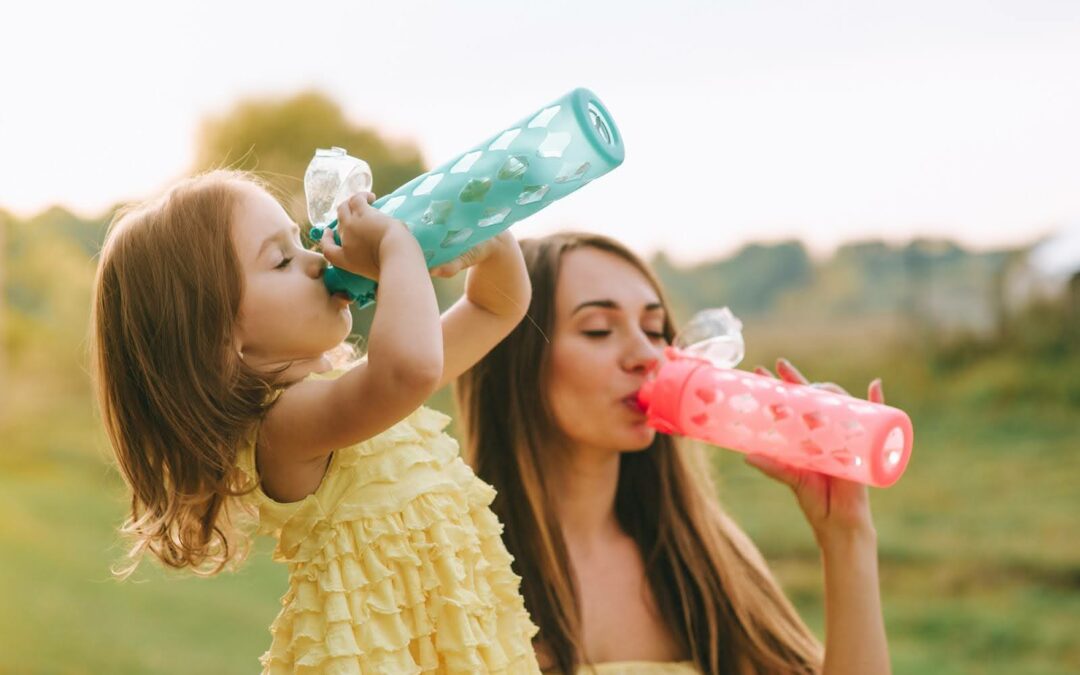At Elder's Pure Water, we understand it’s important to drink water and the significance that water has in the daily lives of residents in the Dallas Fort Worth Westoplex area. We know that the quality of the water we consume significantly influences our health and overall well-being, often in ways we don’t recognize. This raises the important question: What is the best type of water to drink?
Let’s discuss the subject of drinking water, think about the advantages and disadvantages of bottled water, and explore an alternative that could prove more favorable for both your well-being and your finances. At Elder's Pure Water, we aim to empower you to make an educated decision when it comes to enhancing the quality of your water, one that serves the best interests of you and your loved ones, all while being mindful of the impact you make on the world.
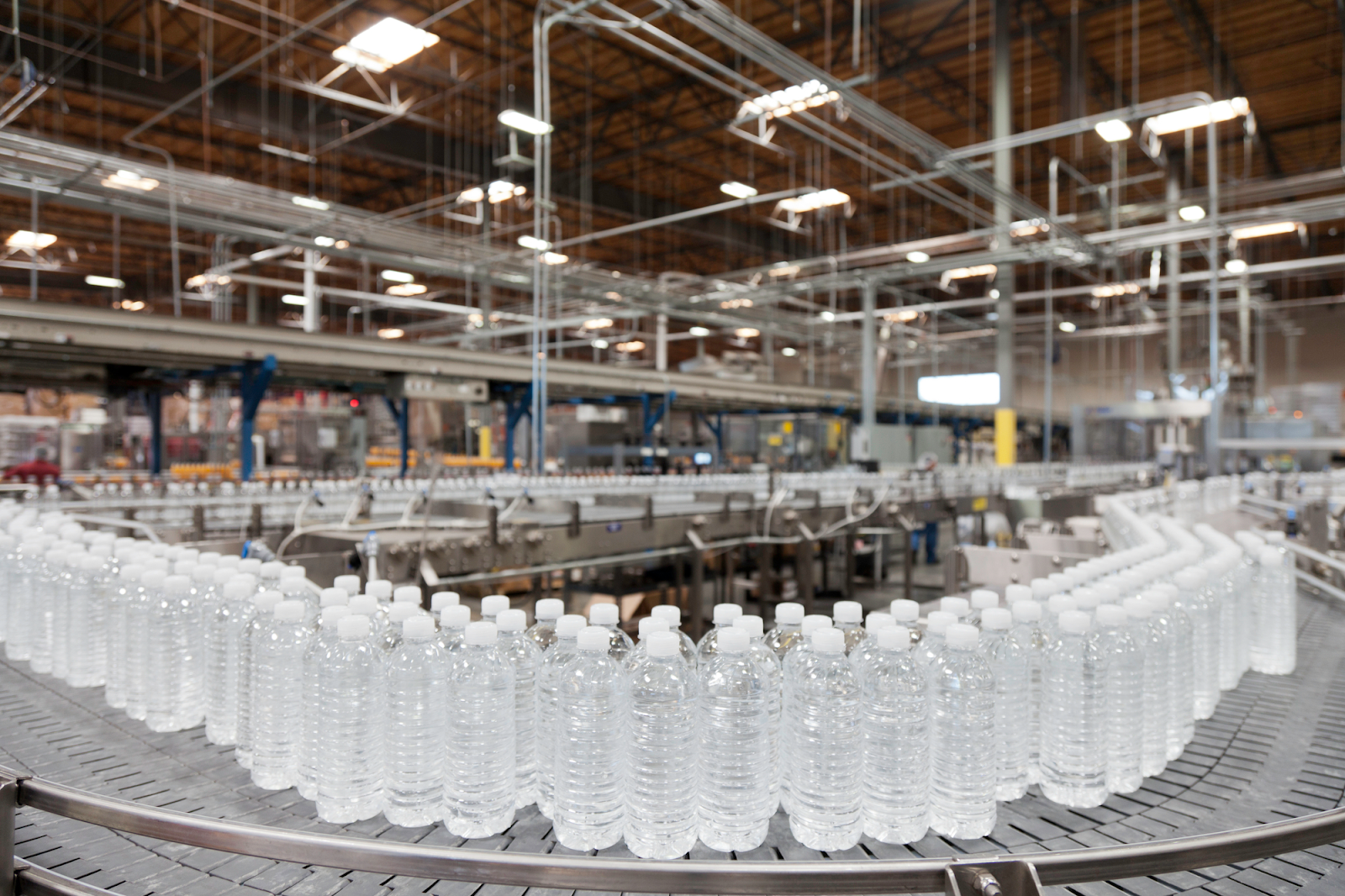
The Bottled Water Industry
Bottled water has been around for multiple centuries. Some brands of bottled waters contain essential minerals and have added electrolytes, and it is convenient on the go. Many people even prefer the flavor of store bought water. But is it healthier water?
In recent years, with growing concerns about water quality, numerous bottled water brands have gained major traction by leading consumers to believe that drinking their “filtered” water is safer than drinking tap water. In contrast, evidence suggests that it may fall short of being the most sustainable, healthy, or cost-efficient choice for a continuous supply of purified water. We can expand on this!
It’s important to explore a few widely held misconceptions. The Environmental Working Group (EWG) says that the quality of bottled water is known to vary widely. They note that some brands get their “purified” water from the same public water supplies as the water that comes from your tap.
Studies found that the chemical signature of your standard public water supply matched the chemical signature of some brands of bottled water. Indeed! Normal tap water! What’s even more alarming is that other brands showed a troubling array of chemical contaminants. This adds a completely fresh perspective to the expression “bottled at the source.” One other notable difference is the impact of this convenience on your wallet.
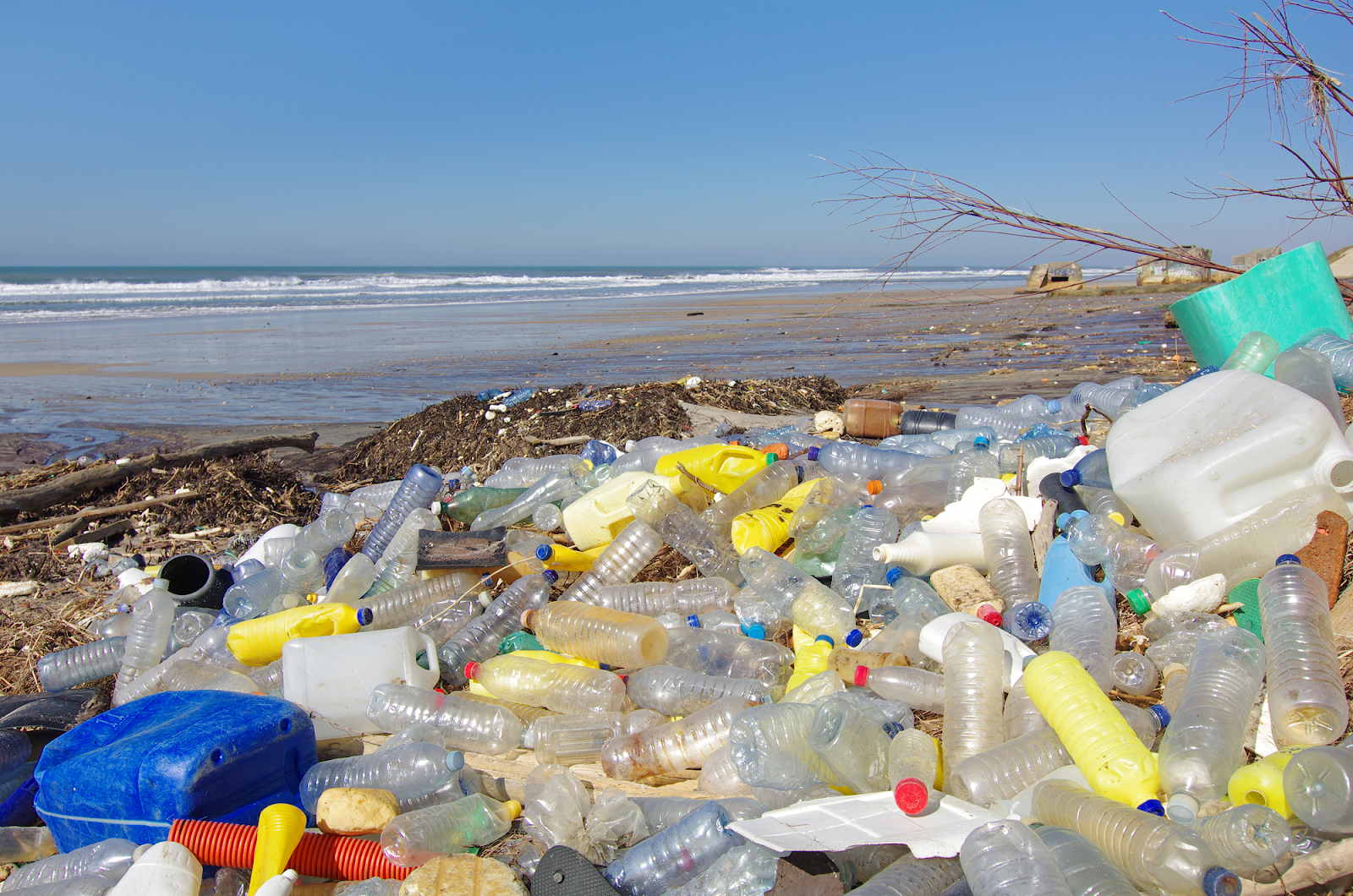
Choosing a bottle of water from the store also has a significant impact on the environment. The Ocean Cleanup Organization estimated that 1.15 to 2.41 million tons of plastic end up in the ocean each year. Plastic bottle production and waste are large contributors to this conservative estimate.
The environmental impact extends beyond the buildup of plastic in our oceans and landfills. It takes much more energy to produce the bottles than one might expect. The Pacific Institute, a non-profit organization dedicated to conducting independent research with an emphasis on freshwater issues, collected and released data that revealed that compared to tap water, plastic bottle production is up to 2,000 times more energy-intensive than tap water.
Worldwide production of plastic bottles uses massive amounts of natural gas, petroleum, and electricity per year–equal to the energy output of 50 million barrels of oil. The EPA estimates that an equal ounce of carbon dioxide is emitted for each ounce of polyethylene (PET) plastic produced. This is the type of plastic most commonly used in the bottled beverage industry. These estimates of the impact on our natural resources and our environment are just for the production of the bottles alone and do not take into account the amount of energy required to fill each bottle with water.

Treating Water
To make an informed choice regarding your drinking water, it’s essential to recognize that distinct water sources present their own set of challenges. The only way to assess the quality and safety of the tap water in your home is by conducting a water test. Let’s discuss some common water quality issues for both municipal and well water sources.
Contamination: If there are contaminants in your tap water such as bacteria, viruses, heavy metals, chlorine, or volatile organic compounds (VOCs), a water filtration system may effectively reduce these. The Centers for Disease Control and Prevention (CDC) notes that contaminated water may not be safe to drink and can potentially contribute to serious health issues.
Flavor and Smell: Chemicals, high mineral content, or organic matter in your water can lead to unpleasant tasting and smelly water. Simply improving the experience of your water can improve your drinking water’s overall appeal and can also result in increased hydration. End-stage filters can often be added to reintroduce essential minerals and improve water taste.
Visible Issues: If your tap water is cloudy or has visible particles a sediment filter may help to clear it up. The United States Geological Survey has reported sediment issues as one of the main issues for private well owners.
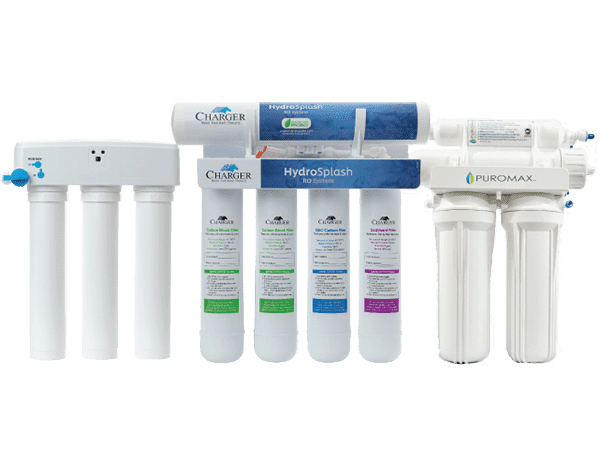
Reverse Osmosis Systems Shine in Providing Quality Drinking Water
When it comes to the best drinking water, reverse osmosis (RO) systems stand out as a clear choice when compared to the many water purification methods available. There are several reasons why this is true.
Superior Purification: RO systems create water that is extremely pure and meets high-quality standards. These systems use multi-stage filtration processes that include a semipermeable membrane, to drastically reduce contaminants like bacteria and dissolved solids from your drinking water.
Healthier Water: According to the Environmental Protection Agency (EPA), RO systems are more than 90 percent effective at reducing a wide range of PFAS, also known as forever chemicals, from water. The Water Quality Association (WQA) also reports that RO systems are effective at reducing foreign matter like lead, arsenic, and other potentially hazardous contaminants to create exceptional filtered water. Reducing these contaminants from your water has obvious health benefits.
Improved Taste of Water: No one enjoys stinky, bad tasting water. Bad taste and odor can often be a sign that your water is contaminated. RO systems have a noticeable advantage in improving the taste of your drinking water and are one of the approved methods from the WQA for reducing order and smell. A large portion of systems can also have end-stage filters added that will put essential minerals back into the water. This end-stage filter adds the refreshing taste that so many have come to love about bottled spring water that has added essential minerals – only this comes more affordably from your tap.
Less Waste: When compared to the large scale production and disposal of single use bottles, RO water filtration systems create minimal waste. This reduction in waste helps us to do our part to reduce plastic pollution and carbon emissions. The Earth Island Journal reports that one million bottles are bought worldwide every minute consistently adding to our growing environmental challenges.
While the initial cost of an RO system may appear to cost more when compared to purchasing cases of water from the store, the savings over time add up to make an RO system a budget-friendly decision for your family. One that may be safer than the bottled water many families are drinking now. According to a study by the Natural Resources Defense Council (NRDC), people spend 240 to over 10,000 more per gallon of bottled water than they would typically spend on water from the tap.
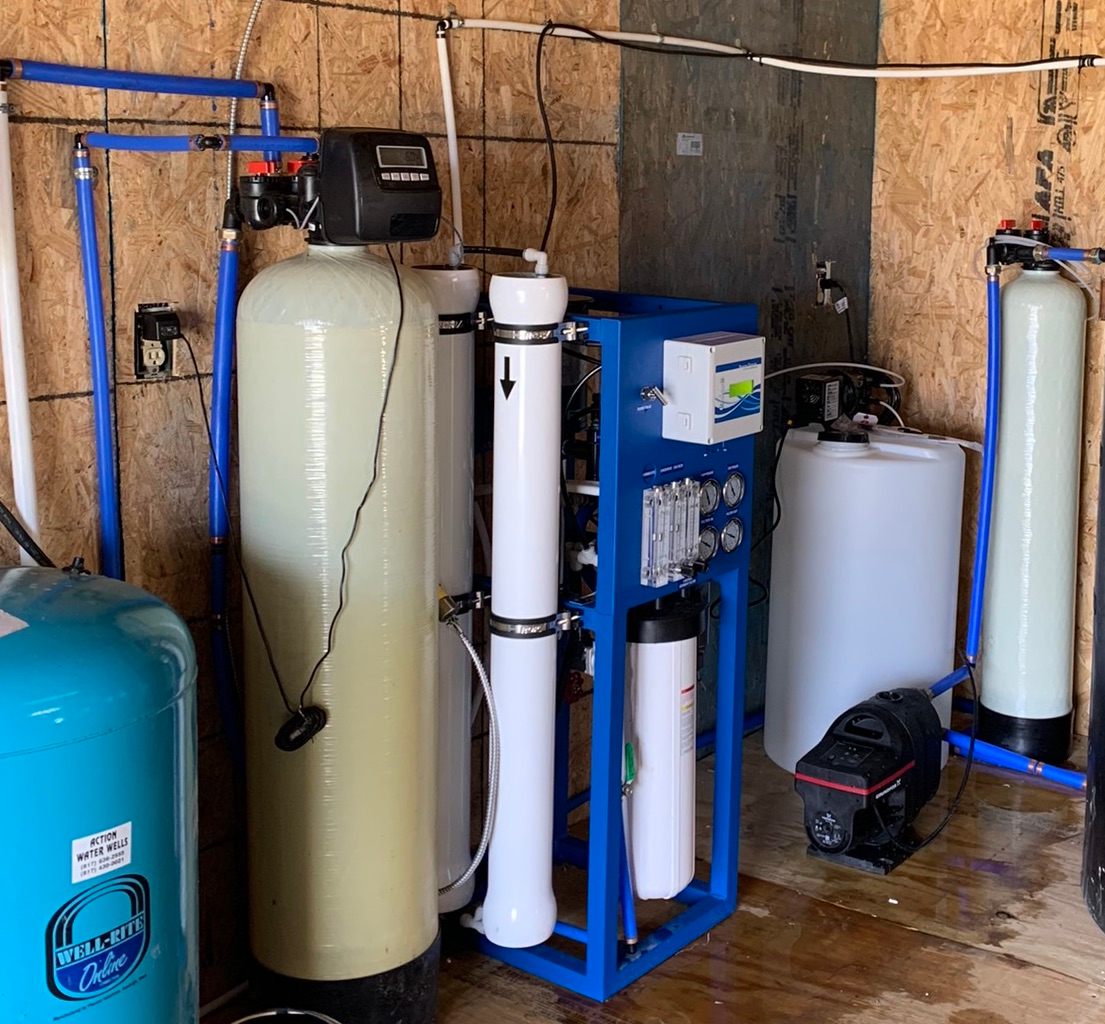
Is an RO System the Right Solution for Your Drinking Water?
Choosing the best water to drink is an important decision for your family. RO systems consistently stand out as a premier choice for drinking water. These systems offer an efficient method of water purification, reducing a broad spectrum of contaminants, and delivering safer, cleaner, and refreshing drinking water.
By choosing an RO system, you can stop worrying about contaminated water and the uncertainties about the potential quality of bottled water all while doing your part to contribute to a more sustainable and eco-friendly future. Both you and your loved ones deserve nothing but the best in purified water.
To see if an RO system is right for you, call Elder's Pure Water at 817-631-4967 today. You’re taking the first step to improving your drinking water quality and experiencing the long-term health advantages of clean water.

